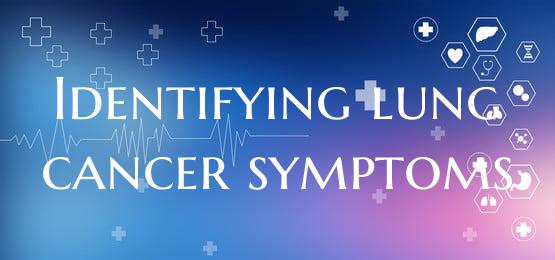
Identifying lung cancer symptoms
Lung cancer is a serious and life-threatening disease that can often go undetected until it reaches advanced stages. Recognizing the symptoms of lung cancer early on is crucial for prompt diagnosis and effective treatment. Here are some common signs and symptoms to watch out for:
1. Persistent cough: A cough that doesn't go away or worsens over time could be a symptom of lung cancer. This cough may produce blood or rust-colored sputum.
2. Chest pain: Constant chest pain that worsens with deep breathing, coughing, or laughing can be a sign of lung cancer. The pain may be localized or spread to the shoulder and arm.
3. Shortness of breath: Difficulty breathing, wheezing, or becoming easily winded, especially with no apparent cause, can be a symptom of a lung issue such as cancer.
4. Fatigue: Feeling consistently tired or weak, even after adequate rest, could be an indicator of a medical condition like lung cancer.
5. Unexplained weight loss: Significant and unintentional weight loss may occur in patients with lung cancer. This weight loss is often rapid and not associated with changes in diet or exercise.
6. Hoarseness: A persistent hoarse voice or a change in voice quality may point to a problem in the lungs, including lung cancer.
7. Persistent respiratory infections: Recurrent infections such as bronchitis or pneumonia could be a sign of an underlying issue like lung cancer.
8. Bone pain: Lung cancer that has spread to the bones can cause bone pain, especially in the back, hips, or chest.
It's essential to remember that these symptoms can also be caused by other less severe conditions. However, if you notice any of these signs persisting for more than a few weeks, it is crucial to consult with a healthcare professional for a thorough evaluation and appropriate testing. Early detection of lung cancer greatly improves the chances of successful treatment and recovery. Regular screenings and a healthy lifestyle can contribute significantly to preventing and managing lung cancer effectively.